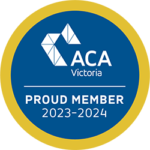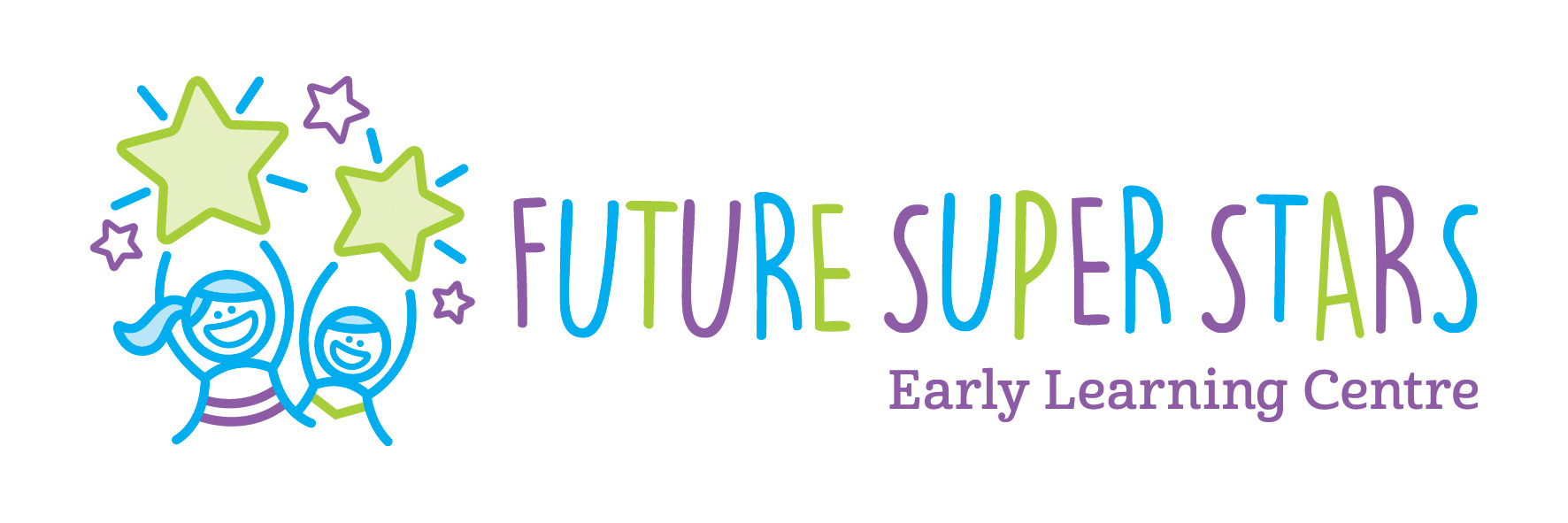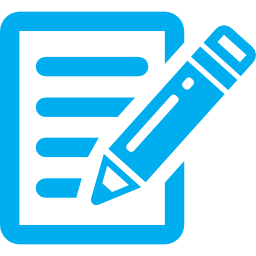Our Child Care Curriculum and Program
Our educators take pride in ensuring they are providing children with a rich, stimulating, inclusive learning environment designed to suit children’s individual needs and developmental milestones.
Our educators plan a diverse range of projects and experiences that focus on the physical, emotional, social, sensory and cognitive developmental areas of each child. These experiences can be both structured and spontaneous, and are run indoors and outdoors, allowing the children to experience them in different environments.
How do we program for your child to ensure highest quality of learning within our environment?
Observation- Data collection, Collecting information.
Observing What is happening.
Gathering information or data about the children.
We collect and gather information regarding the child, this may include written observations, jottings, snapshots of learning, art samples, photo’s, written information on the daily planner, child voice, evaluation and reflections.
Data collection will be documented in individual child’s portfolio.
Analyse and Question.
Analyse the information collected.
To determine what the child is ready to learn next/ Planning Possibilities.
This will be documented within the individual child’s learning.
What can the child do?
Identifying strengths and weakness: are they being ready, willing or able?
What is the child’s currents interests?
Goals are then developed against developmental indicators.
We aim for each child attending the service to have their own individual learning goal, assessed against the EYLF.
Plan.
We use this analysis of learning to create our weekly planner Australian Learning Tracksis the planning method used at our service.
Educators within the service can either choose to plan weekly or daily.
Daily Planning allows the educators to be more flexible within their plan Australian Learning Track.
Weekly planner includes, both indoor and outdoor weekly plan:
- The planned experience: What the planned experience is
- Intentional Teaching Why: Why was this experience chosen, what intentional teaching outcomes are you hoping to achieve
- Areas of the EYLF we hope to explore this week.
Daily record of plan will include:
1. What the planned experience is for that day.
2. Description of planned experience for the day.
3. Child- led, spontaneous experiences.
What happened on the day?
What did the children participate in?
This will consist of documentation from all educators across the service including any spontaneous experiences that an educator sets up for the children based on their interests on that particular day.
Child’s voice: Children’s conversations are documented on this page.
Both conversations with educators and peers
Evaluation and reflections of the week: And experiences to take forward
Areas of the EYLF we did explore this week: The areas of the EYLF that were achieved through-out the week is highlighted.
The ideas from the children that we would like to take forward.
Implementation: Implement the weekly plan: Plan in action.
Supporting all educators to enact the plan to support children’s learning.
We watch, discuss, support, scaffold and reflect, revisit, observe, document.
There is no one way of implementing as it depends on the child’s learning needs as to the actions we take.
Reflection/ Evaluation.
4. On our weekly plan Australian Learning Tracks the educators are able to evaluate and reflect on that week plan.
Questions include:
What worked well and how can we extend this?
What was a challenge and how can we change it?
How are we going to meet specific children’s needs?
Child Reflection.
Floor books: Each room has their own floor book:
This consists of photos of the children participating in planned or spontaneous group experiences. The children are encouraged to assist with cutting and pasting these photos into the floor book and having conversations/ discussions, reflecting upon their own learning that is occurring
5. Child reflection area set up in the Kinder room consisting of each child’s learning journal, small drawers containing: Photo’s of the children engaged in play, print out of the child’s name, paste, scissors, pencils.
The children are able to help themselves to their own learning journal, pasting in photos of themselves engaged in play- This enables the children to have discussions with their educators and peers, allowing the children to reflect upon their own learning.
Summative of Assessment.
Every 6 months our Educators analyze all of our data collections from the child’s learning and development to assess children’s progress against the outcomes of the educational program, referring to VEYLDF and EYLF.
Learning Portfolios.
Each child has a learning portfolio that consist of service philosophy, educator philosophy, children’s goals, art samples, progress notes, summative of assessments, reflections and documentation the child has chosen to add. These are accessible to children at all times to look through, take home and share with family and reflect on their own learning. Learning Portfolios follow children up until they leave the service and all content is uploaded to Storypark to ensure all family linked to children’s profile has access to the learning and development of the child.
Contact Future Super Stars Child Care Centres
Future Super Stars Sunshine West
11 Simmie Street,
Sunshine West, Victoria
(03) 9041 1881
Open Monday to Friday
Future Super Stars Epping
411 Dalton Road,
Epping, Victoria
(03) 9401 1730
Open Monday to Friday
Future Super Stars Sunshine North
9 Suffolk Road,
Sunshine North, Vic.
(03) 7044 5020
Open Monday to Friday



Copyright Future Super Stars 2024 | Website By: Clark Marketing & Design

